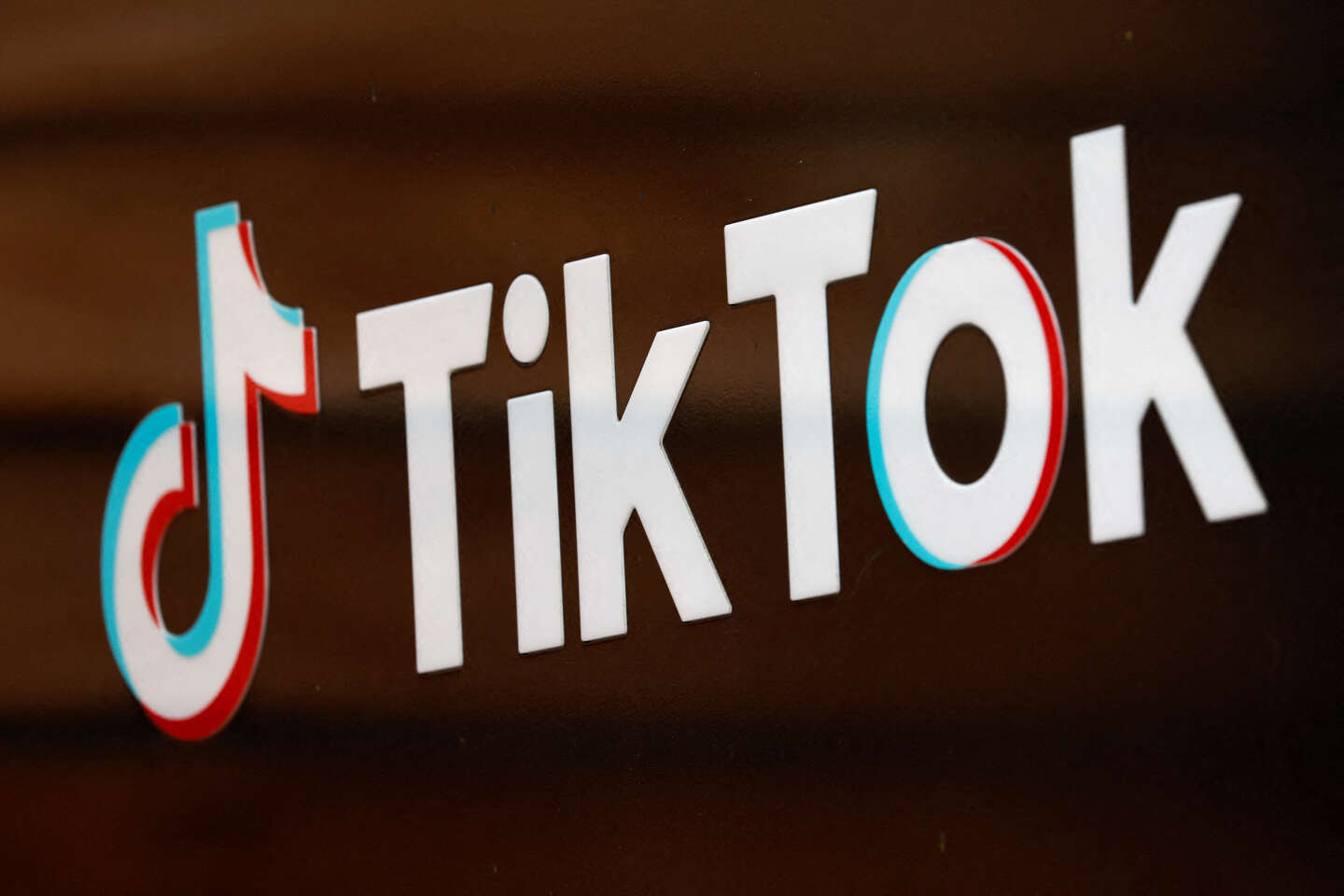


Taylor Swift is not having much luck with social media at the moment. The best friend of teenage girls the world over has already had to contend with fake pornographic images of her on X, and now her publisher, Universal Music Group, has decided to remove her and all of their artists from TikTok. That's the price of fame for the wealthy singer, but above all, the harbinger of a new upheaval in the tumultuous history of recorded music. In both cases, the obvious culprit is artificial intelligence.
Universal, the world's number one music company, announced on Tuesday, January 30, that it had failed to reach an agreement with TikTok on artist remuneration, and would therefore be withdrawing its catalogue from the network favored by young people. As the previous contract expires on Wednesday, it will theoretically no longer be possible to play or dance to the tunes of Taylor Swift, The Weeknd, Lady Gaga or Eminem on the network. This is still at the theoretical stage as the measure is going to be very complicated to enforce, and there is no certainty that there is not going to be a last-minute agreement. Universal's "pay up or suffer the consequences" approach was the last resort for the group that controls almost a third of the recorded music market in the Western world.
In any case, this tug-of-war bears witness to a shift in the battle for Universal's remuneration and, by extension, that of its artists. TikTok pretended to be surprised by the American company's reaction, denouncing the greed of a company ready to sacrifice the promotion of its singers on the platform with a billion users in order to make even more money. Universal retorted that TikTok represents only 1% of its revenues and that the remuneration proposed by the network is lower than that of the previous contract and does not correspond either to the true value of the artists or to the phenomenal growth of the Chinese company.
But above all, it highlights a real emerging risk. TikTok is reportedly looking to obtain some form of package deal that will enable it to put its new artificial intelligence, made available to subscribers, to good use. TikTok Creative Assistant aims to help brands with their advertising, and creators to generate their own music. So, after the battle of piracy, then of streaming, a new front is opening up, ever more complex, blurring the boundaries between original music, plagiarism and original creation. At a time when the growth of streaming platforms such as Spotify, Apple, and Deezer is stalling, music is once again entering uncharted territory.
